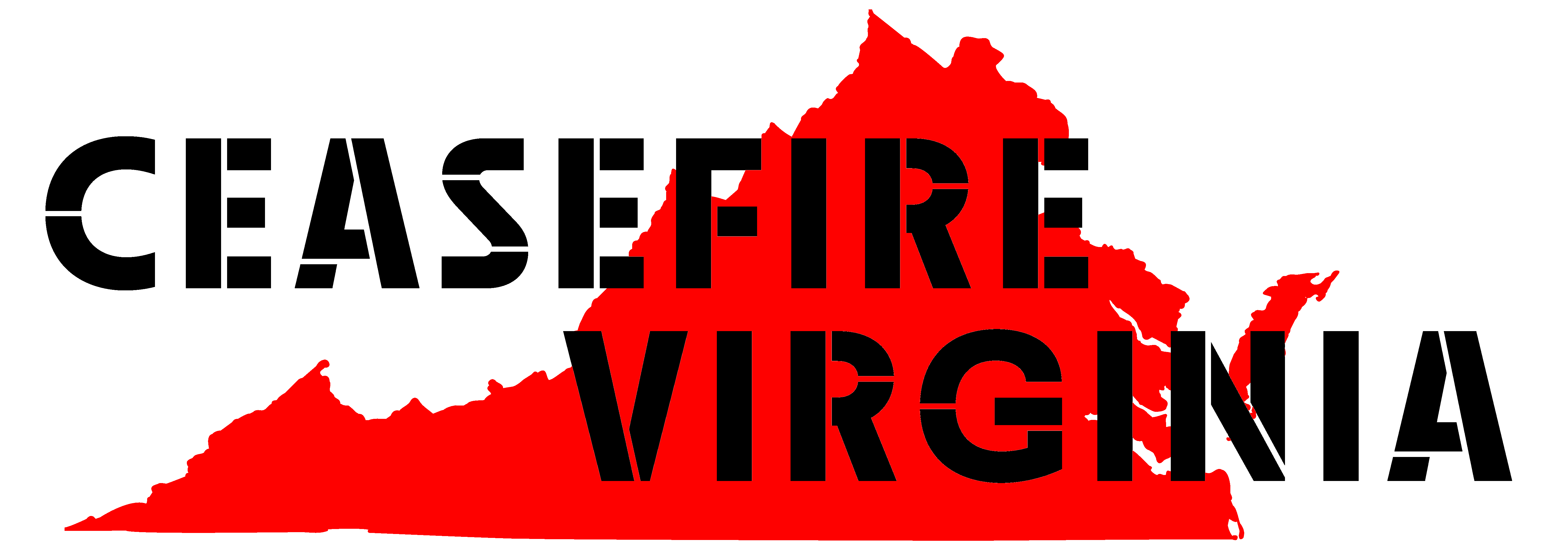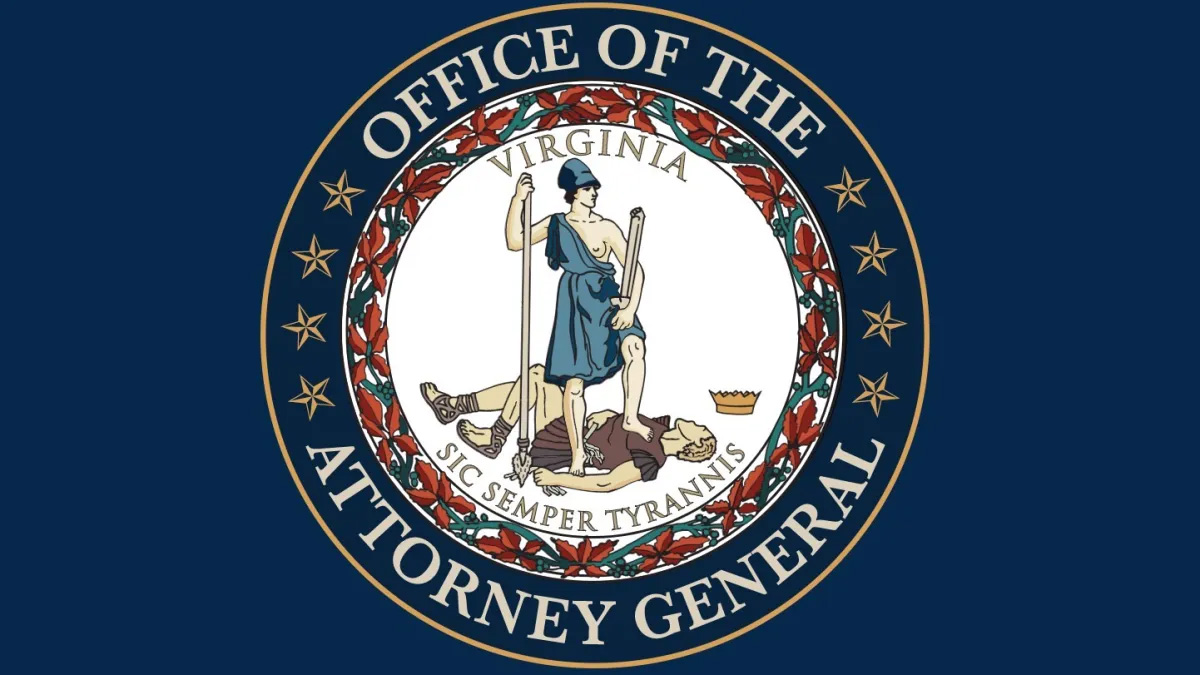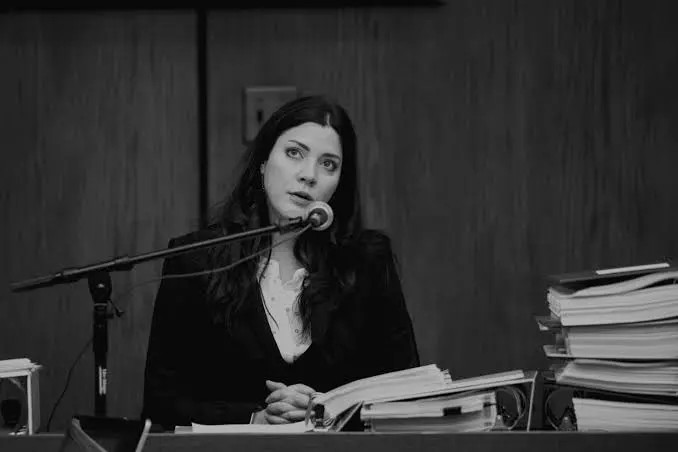Ceasefire Virginia, a program designed to reduce violent crime, exceeds expectations in its approach to public safety.
A Center for Public Policy (CPP) preliminary report concludes that Ceasefire Virginia, an initiative to reduce violent crime and foster secure communities throughout Virginia, surpassed all four of its benchmark goals. The Attorney General’s office partnered with 13 localities throughout the commonwealth to develop a strategic approach to public safety, which has proven successful with Ceasefire localities responsible for 64 percent of the reduction in the murder rate and 40% of the overall violent crime rate from 2023 to 2024.
Virginia Attorney General Jason Miyares announced the three-year anniversary of Ceasefire Virginia with the publication of a new preliminary report, which also highlights a 31.9 percent drop in the murder rate from 2023 to 2024, exceeding the initial 10 percent expected drop. Furthermore, a 39.53 percent drop in overdose deaths continues to back Virginia’s ongoing efforts against the fentanyl crisis.
“Promises made and promises kept,” Miyares said. “Not only does this report reinforce the fact [that] Ceasefire Virginia continues to work, we are seeing in real time how Ceasefire Virginia is restoring public confidence in our law enforcement professionals who put their lives on the line every day to keep our families safe from violent repeat offenders.”
The report indicates that public confidence in local law enforcement is rapidly being restored inside Ceasefire Virginia-participating localities, as the new tools, relationships, and technologies employed remain popular. 76 percent of residents in Ceasefire localities believe local law enforcement officers make their communities safer.
Jess C. Smith, Ph.D., CPP project director and a key player in creating this report, explained CPP’s approach to the findings.
“Here at CPP, we worked with faculty and staff from across the Wilder School and examined Ceasefire Virginia localities' crime trends, surveyed residents about their perceptions of crime, safety, and local law enforcement,” said Smith.
“We also spoke directly to law enforcement officers about their experiences with violent crime in their communities. We are looking forward to continuing the study and exploring the impact in more detail.”
– Jess Smith, Center for Public Policy project director
On the technical side, CPP senior consultant Jason Burkett collaborated with colleagues to modify an existing, vetted Cost of Crime Calculator. With it they found the cost of all crimes reported to police in 2024 across Virginia was estimated to be close to $8.9 billion. Violent crimes accounted for approximately 69 percent of this cost ($6.1 billion). Per Virginian household, the cost of all police-reported crime in 2024 was $2,626, with 2024 violent crime costing $1,800 per household. Now the report shows a reduction of 21.22% across Virginia. Using the Virginia Cost of Crime Calculator, this reduction in the number of homicides (115) is estimated to have saved the Commonwealth $1,202,234,907.
The VCU Wilder School's Center for Public Policy will issue the full and final report in December 2025, which will include a more robust analysis of Ceasefire Virginia’s media campaign, along with a broader look at the efficacy of Automated License Plate Readers in select Ceasefire localities.




